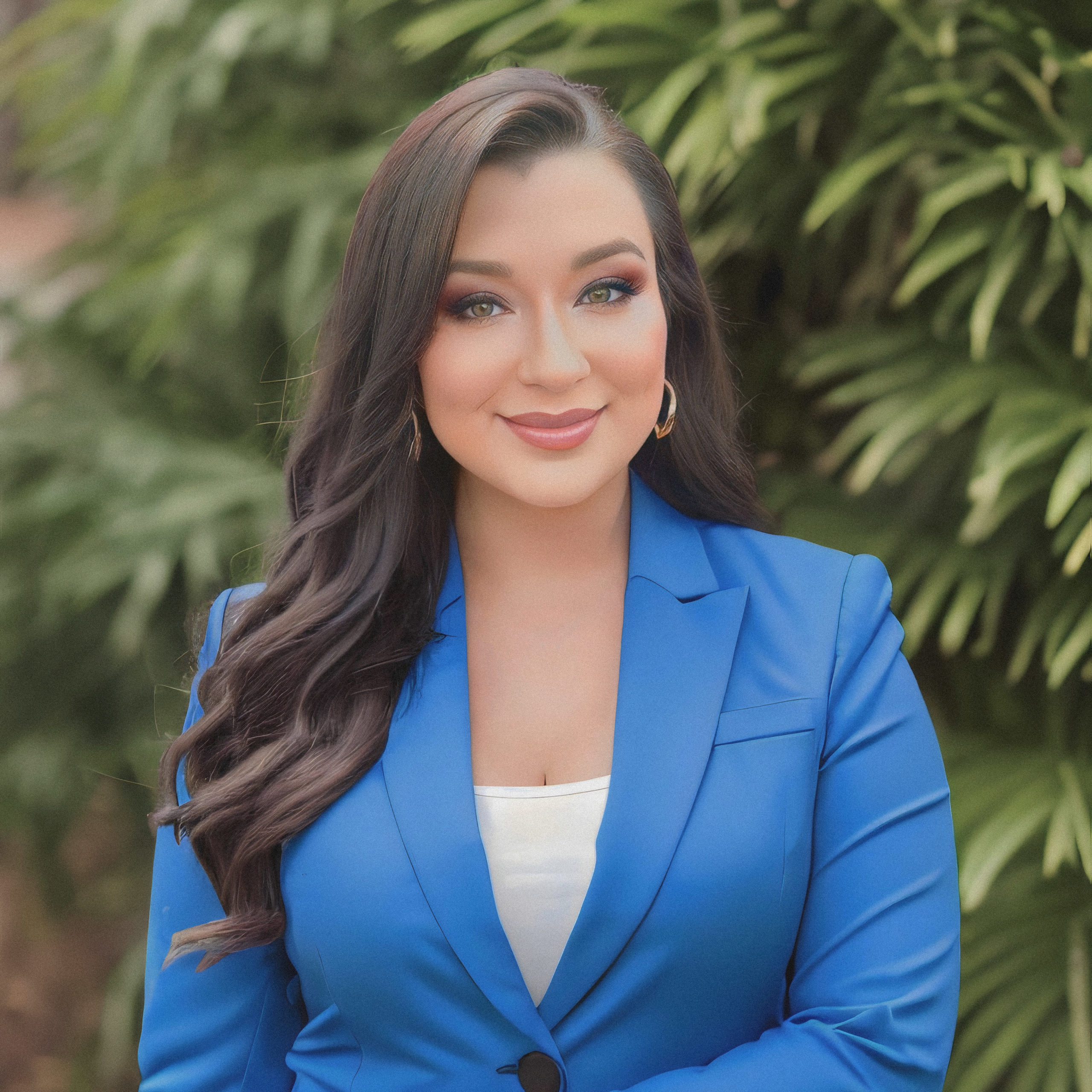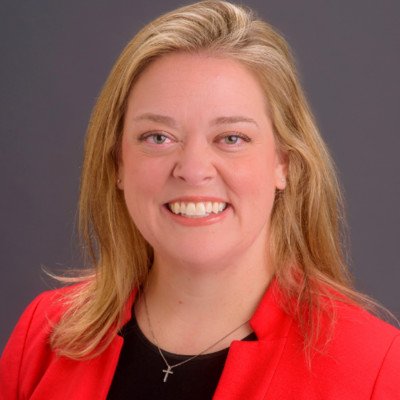“Breaking Down the Silos” of IDD and Co-Occurring Mental Health Conditions
Nautical Wheeler
Speaker(s):
Description
Presentation focuses on the gaps in the system between IDD and comorbid mental health conditions, especially requiring inpatient psychiatric care. Supporting and assisting individuals dually diagnosed continues to be a struggle. Research continues to suggest that individuals with IDD and mental health conditions are not receiving adequate mental health care in the community. A holistic approach is needed to address IDD and mental health issues. Greater attention to comorbidities and increased awareness to improve overall wellbeing is imperative. Understanding various techniques and strategies to work with IDD and comorbid mental health outpatient or inpatient increases quality of life.
Objectives
Prevalence of IDD and psychiatric disorders
Multiple domains to improving quality of life
Strategies and techniques to utilize in treating IDD with a comorbid mental health condition




